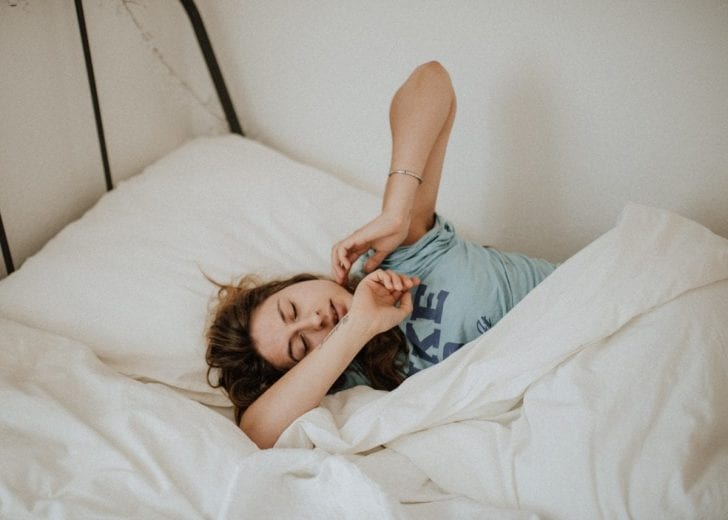Why do insomniacs keep searching for the trigger? Why do they keep looking for things to blame their sleepless nights on? It’s always either recovering from an illness/surgery, a recent divorce/breakup, hormones, a chemical imbalance – you name it. There’s always that one reason attached to every night spent tossing and turning. While these reasons are perfectly valid, they shouldn’t render you unable to sleep for years to come.

When you come across an insomniac, there always is a perpetual starting point. Always a reason that brings the issue to the surface. However, you look at the person 20 years down the line and they still have the same problem. This brings us to the most important question: why is one-third of the global population insomniac?
Details that Set Off Major Alarm Bells
In 2011, a survey conducted by the Mental Health Foundation discovered that around 30% of adults tend to suffer from chronic insomnia. Out of the 36% chronic insomniacs, 76% reported they had been suffering from the illness for two years or more.
Now, the issue arises mainly from how you respond to insomnia-causing triggers. The internet has made it clear multiple times that “sleep deprivation is bad” – and so, you duly begin looking for cures. You change your behaviors to respond to the trigger, which prolongs the issue.

You might change your routine – the routine that you’ve had for years – to combat your sleeplessness. You might start hitting the hay earlier, change your sleep timing, prepare for bed with warm baths.
You might even resort to sleeping or melatonin pills. But, nothing works. Because you’re trying to rewire your body for things it is not used to. The first you need to understand is that sleep deprivation and insomnia are not the same things.
It’s All In The Details
Here’s the major difference between sleep deprivation and insomnia: the former is intentional, the latter is not. A sleep-deprived individual is basically anyone who just doesn’t want to sleep and after staying awake for hours, they can fall asleep immediately anywhere and anytime they wish to.
Insomnia, on the other hand, renders its victim unable to sleep. So, such a person will continue trying to sleep with all their might, but won’t be able to. Additionally, you’ll find that insomniacs do sleep. However, it remains disturbed and all over the place.

Bottom Line
While sleep deprivation does not require any consultation, you might want to visit a professional for your insomnia. The most commonly used cure technique is Cognitive Behavioral Therapy, in which patients are deprived and then made to re-learn and power through the problem.
